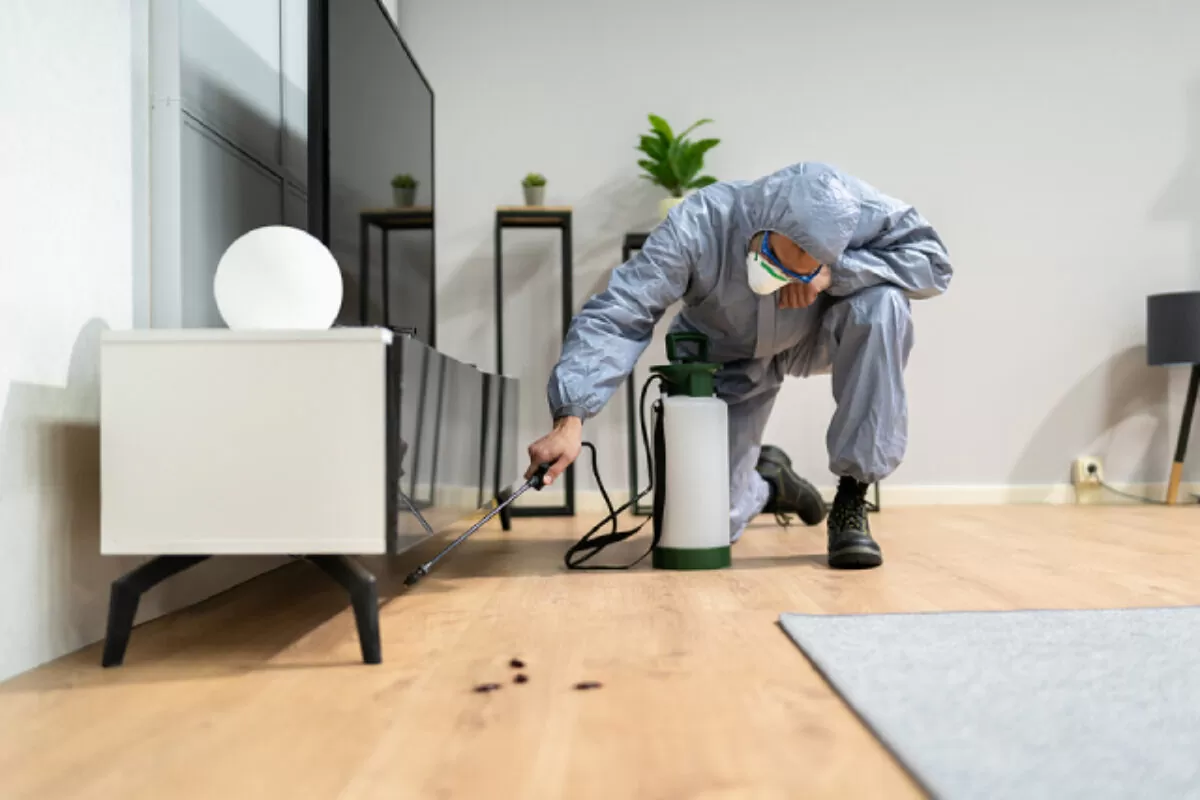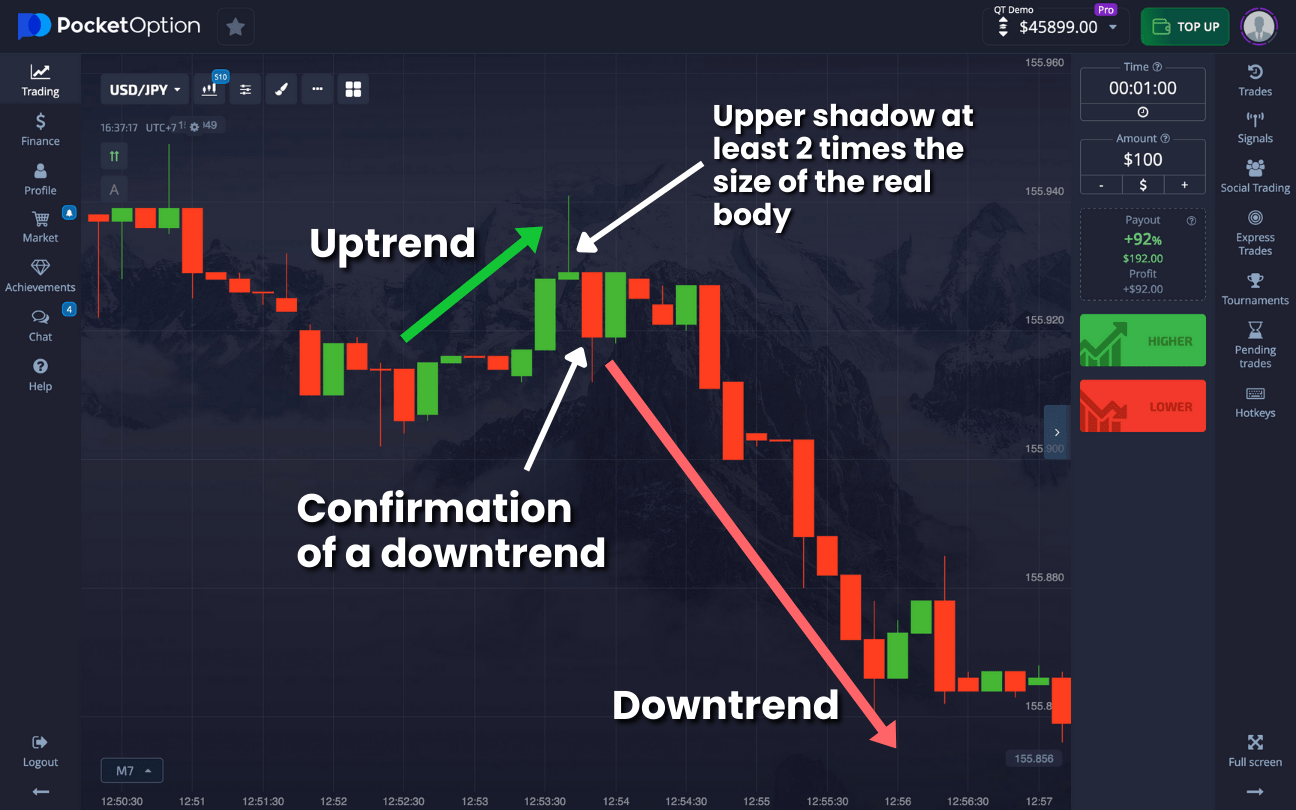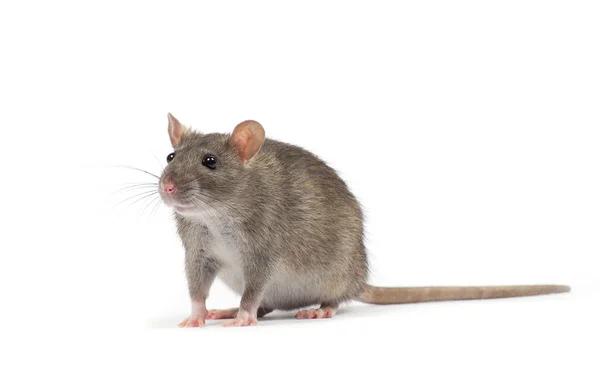In the modern world, sustainability has become a crucial aspect of our daily lives. From renewable energy to eco-friendly products, people are becoming more conscious of their impact on the environment and taking steps to reduce it. However, one area that often gets overlooked is pest control. Many people resort to harmful chemicals and pesticides to get rid of pesky insects and rodents without realizing the detrimental effects it has on the planet.
Traditional pest control methods may provide immediate results, but they come at a cost – not only for our health but also for the environment. These methods contribute significantly to environmental degradation by contaminating water sources, killing beneficial insects such as bees, and disrupting ecosystems. Moreover, excessive use of chemical pesticides can also lead to resistance in pests, making them harder to eradicate in the future.
Thankfully, there is a growing trend towards safe pest control methods that promote sustainable development. These techniques not only protect our environment but also ensure long-term effectiveness in managing pests.
The first step towards sustainable pest control is education and awareness. It is essential for individuals and businesses alike to understand how their actions can harm or benefit the environment. For instance, promoting natural predators https://www.auzzi.com.au/reviews/11248-kaphra-beetle-pest-invasion-poses-as-additional-threat-on-australia-s-biosecurity-during-covid-26 such as ladybugs or using organic methods like neem oil helps maintain a balance in nature by controlling pest populations without harming other species.
Another important aspect of promoting sustainable development through pest management is reducing reliance on chemical pesticides. Instead, alternative methods like Integrated Pest Management (IPM) are gaining popularity due to its environmentally friendly approach. IPM emphasizes prevention over elimination by using non-toxic baits or traps rather than harmful chemicals.
Similarly, cultural practices such as crop rotation or intercropping can also act as natural barriers against pests without degrading soil quality or polluting water sources with chemical residues.
On an industrial level, technological advancements have made it possible to develop effective biopesticides using natural ingredients like plant extracts or microorganisms that specifically target certain pests while leaving beneficial insects unharmed. These biopesticides are biodegradable, have a short residual life, and are safer for human health and the environment.
Furthermore, many companies have started using energy-efficient pest control methods such as solar-powered traps or precision spraying systems to reduce their carbon footprint. This not only promotes sustainable development but also helps businesses save on operational costs in the long run.
In addition to promoting sustainable development, safe pest control methods also benefit our health. Chemical pesticides pose serious risks to human health ranging from skin irritation to respiratory problems and even cancer in some cases. By choosing safe alternatives for pest management, we can protect ourselves from these harmful effects while also reducing our impact on the environment.
In conclusion, safe pest control practices are vital in promoting sustainable development. By educating ourselves about these methods and making conscious choices in our daily lives, we can make a significant impact on the environment and create a healthier future for generations to come. It is time for us to break away from traditional harmful methods and embrace more environmentally friendly solutions that benefit both us and nature.









Leave a Reply